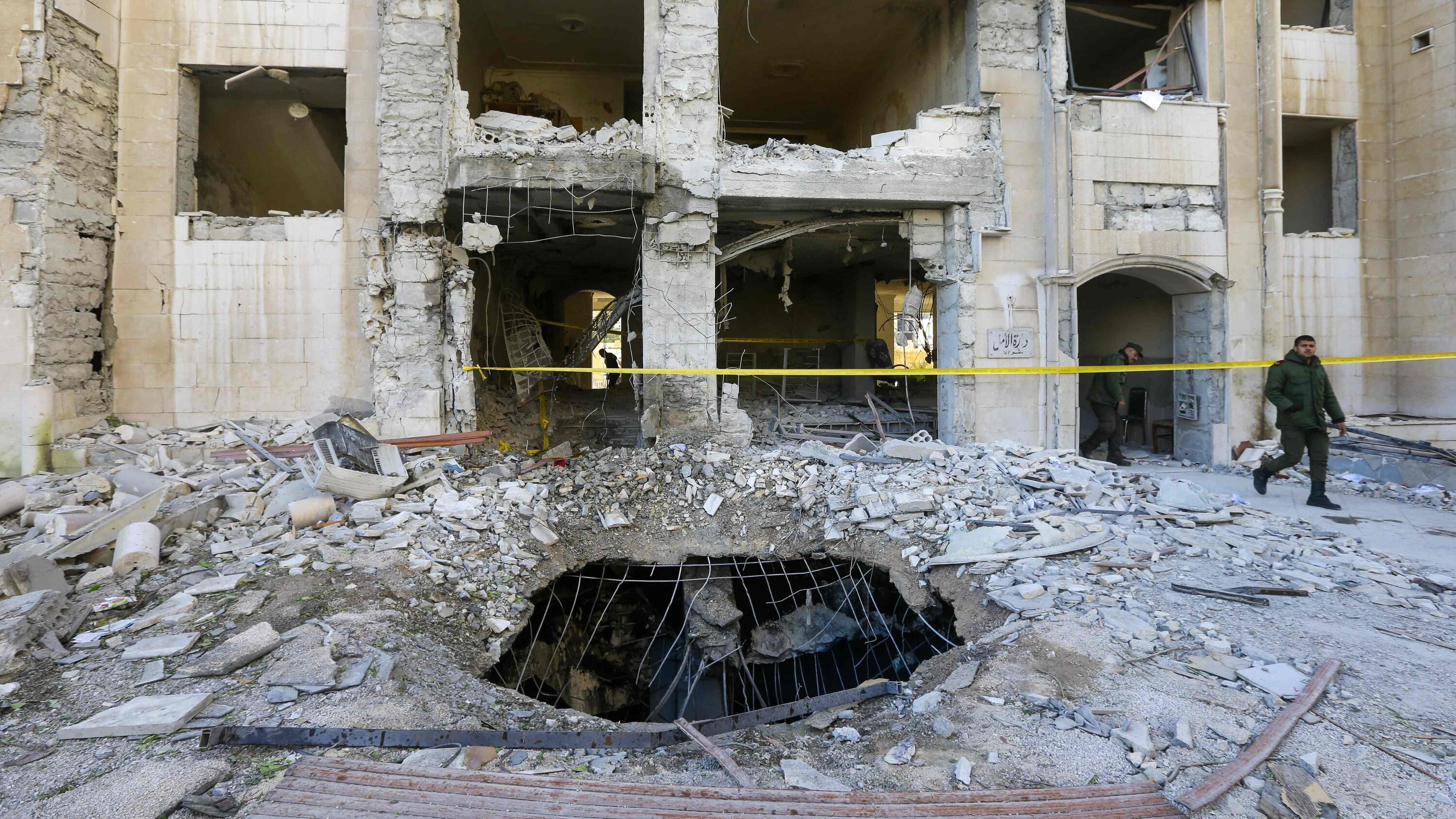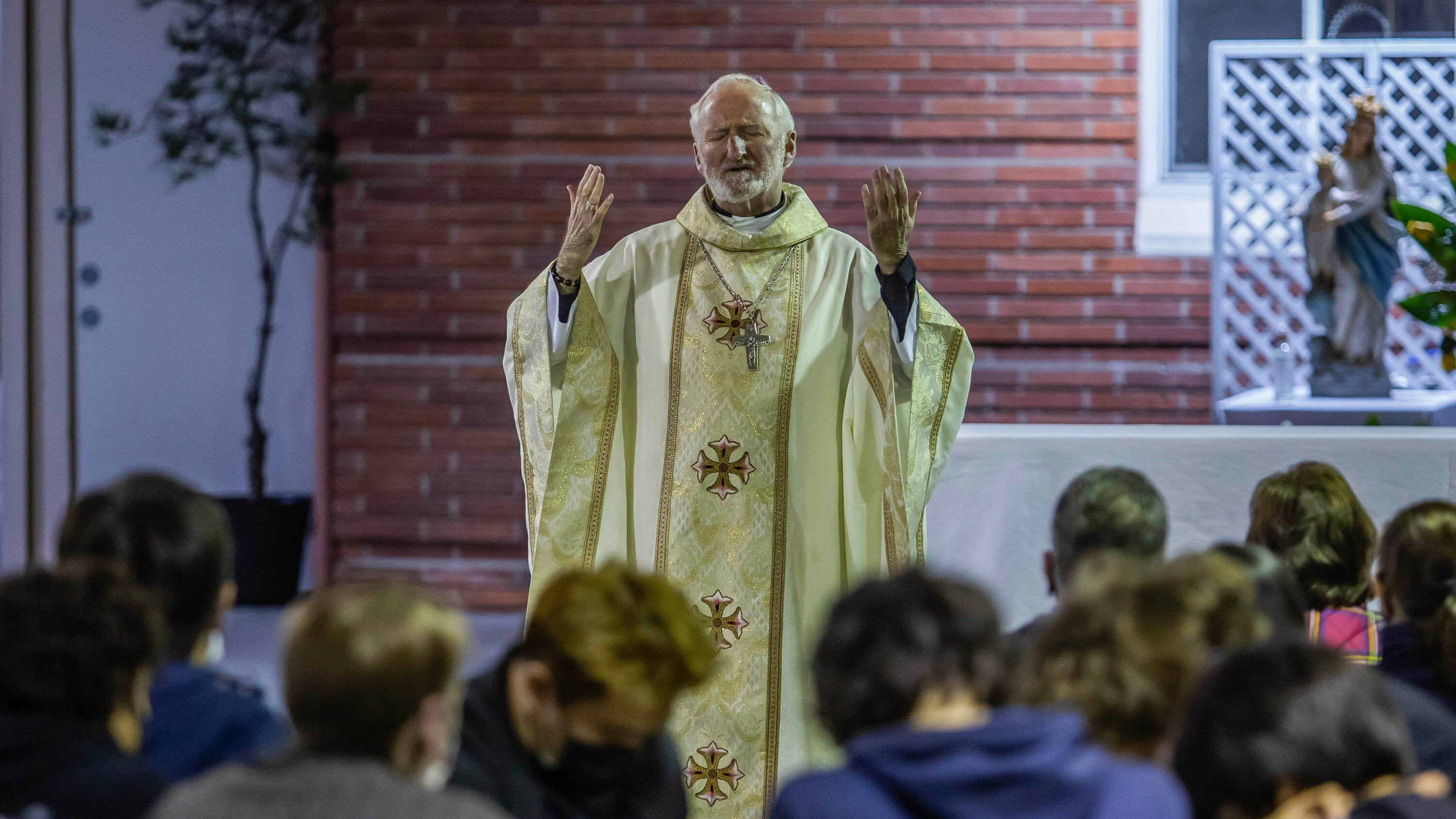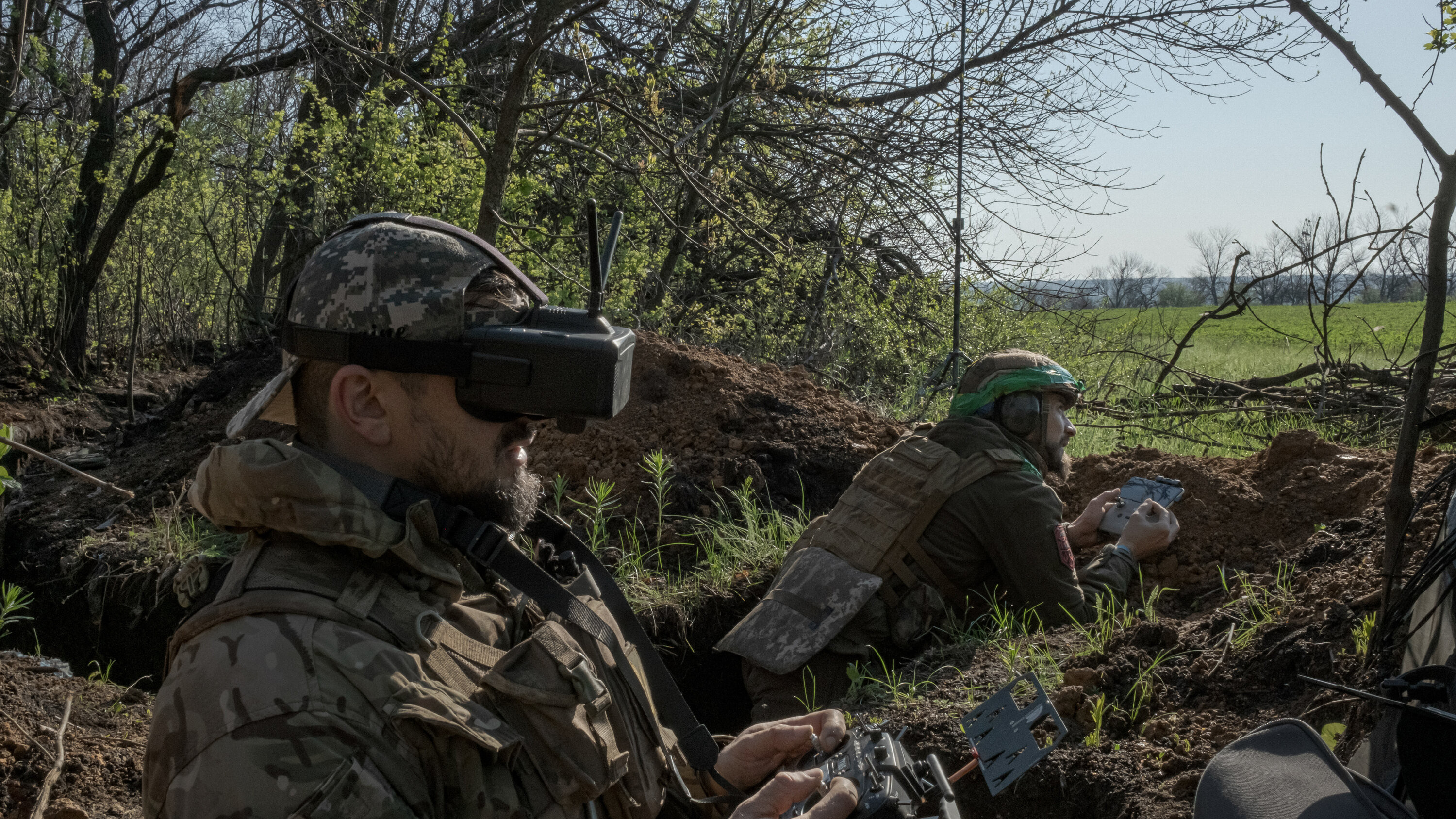Damascus Falls: Syrian Rebels Seize Capital in Stunning Turn of Events
The Syrian capital, Damascus, has reportedly fallen to rebel forces, marking a dramatic and unexpected turn in the country's protracted civil war. This stunning development, unfolding over a mere ten days, has sent shockwaves across the globe and left many questioning the future of Syria.
The Rapid Advance of Rebel Forces
The offensive, launched on November 27th, saw a rapid and largely unopposed advance by a coalition of rebel groups, primarily the Hayat Tahrir al-Sham (HTS) and the Turkish-backed Syrian National Army (SNA). Their initial targets included Aleppo, Syria's largest city, and Hama, the fourth largest, both of which fell swiftly to the rebels. The speed and decisiveness of the advance caught many off guard, leaving the Syrian government struggling to mount an effective defense. The rebels' success in capturing these major cities paved the way for their push towards Damascus.
The Role of HTS and the SNA
The HTS, with its origins in al-Qaeda, has undergone a transformation in recent years, according to experts. While still designated a terrorist organization by the U.S. and the U.N., HTS leader Abu Mohammed al-Golani stated in a CNN interview that their aim was to overthrow Assad's government. The SNA, meanwhile, has a more complex relationship with the HTS, fluctuating between alliance and rivalry, their motives often diverging. The SNA's interest in creating a buffer zone near the Turkish border to counter Kurdish militants also plays a role in their involvement in the conflict.
The Fall of Homs and the Encirclement of Damascus
The capture of Homs, Syria's third-largest city, proved a pivotal moment. The city's fall severed the crucial link between Damascus and the coastal region, a key stronghold of Assad's support. A Damascus resident, Anas Joudeh, aptly highlighted the political and social significance of Homs's capture, stating that its loss could signal the end of the Syria they once knew. The rebels' rapid advance has led to their encirclement of Damascus. A commander with the insurgents, Hassan Abdul-Ghani, announced on Telegram that opposition forces had begun the final stage of their offensive, encircling Damascus. This strategic move further intensifies the pressure on Assad and his remaining forces.
The International Response and Uncertainty for the Future
The swift collapse of Assad's regime has prompted urgent international discussions. The U.N. special envoy for Syria, Geir Pedersen, has called for urgent talks in Geneva to facilitate an orderly political transition, emphasizing that the situation is rapidly evolving. Meetings involving key players like Saudi Arabia, Russia, Egypt, Turkey, and Iran have taken place on the sidelines of the Doha Summit, underscoring the gravity of the crisis and the intense international interest in finding a solution. The situation remains highly fluid, and the exact implications of Damascus's capture are not immediately clear. What’s also unclear is how the rebels will govern. The possibility of a return to al-Qaeda-like tactics or a more Taliban-style rule are both possibilities. Experts are also assessing the impact on regional stability and the broader geopolitical landscape. The fall of Damascus could significantly alter the balance of power in the region, with potential implications for neighboring countries and international actors. This sudden change of events has many speculating about what will happen next in Syria.
The Aftermath: A Nation in Transition
A new chapter opens in Syria. The events of the past week represent a seismic shift in the balance of power, a sudden and almost unimaginable reversal of fortune for the Assad regime. The immediate future of Syria remains uncertain, with questions surrounding the establishment of a new government, the role of various rebel factions, and the humanitarian implications for the Syrian people remaining unanswered. The coming days and weeks will likely bring further developments and clarity as Syria navigates this significant turning point in its history. The international community watches closely, bracing itself for the challenges that lie ahead for this nation torn apart by war.

















